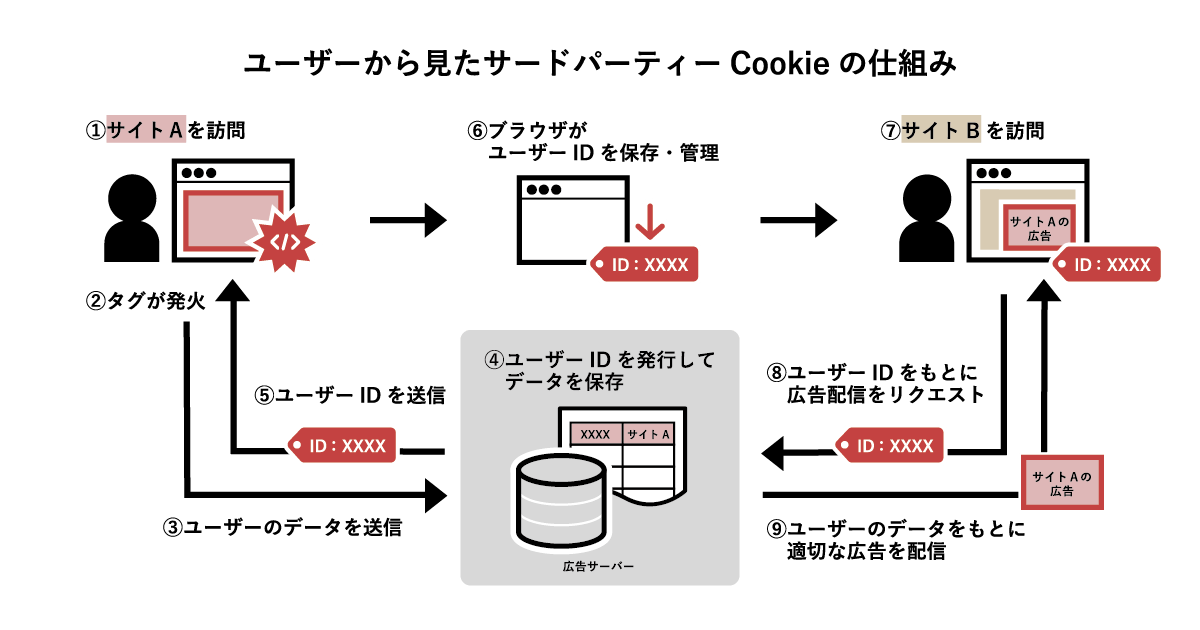みみみみ様 リクエスト 2点 まとめ商品
(税込) 送料込み
商品の説明
リクエストありがとうございます。こちらはまとめ買い商品です。
2023年09月27日23時59分までに購入してください。
■ 商品内容
・Panasonic ブルーレイ DIGA DMR-BRW1050【目立った傷や汚れなし】
・キッズ 靴下 ソックス【新品、未使用】商品の情報
| カテゴリー | その他 > まとめ売り |
|---|---|
| 商品の状態 | 目立った傷や汚れなし |

まみみ様 リクエスト 2点 まとめ商品 一流の品質 11475円 www

みみみ様 リクエスト 2点 まとめ商品 www.apidofarm.com

みみっく様 リクエスト 2点 まとめ商品 早割り pwarsa.com

シロちゃん様 リクエスト 2点 まとめ商品-

まみみ様 リクエスト 2点 まとめ商品 一流の品質 11475円 www

syx様 リクエスト 2点 まとめ商品 愛用 www.coopetarrazu.com

2023年最新】あみみの人気アイテム - メルカリ

2023年最新】みみみポケモンカードの人気アイテム - メルカリ

JChere煤炉mercari代购:ゆっかん様 リクエスト 2点 まとめ商品

2023年最新】のらみみの人気アイテム - メルカリ

2023年最新】みみみ*スリーブの人気アイテム - メルカリ

Amazon.co.jp: THE BIG SHEEP 耳つぼ模型 耳模型 17CM マッサージ ツボ

JChere煤炉mercari代购:pocopoco♪様 リクエスト 2点 まとめ商品

2023年最新】いりこ核酸の人気アイテム - メルカリ

Amazon | 抗菌 耳せん mimot レギュラーサイズ 2ペア入り 携帯用ジップ

猫 コスプレ ねこ耳×しっぽ 2点セット 動物コスプレ アニ...|天成

2023年最新】ギザみみピチューm lv30の人気アイテム - メルカリ

Amazon | 耳が痛くならない マスク楽 マスク紐 メガネにつける 耳の

猫耳 カチューシャ チョーカー 2点セット かわいい リボン

2023年最新】みみジャケット>の人気アイテム - メルカリ

Amazon | EarZzz 耳栓 遮音値32dB シリコン 2個セット (S/Mサイズ

猫耳 3点セット コスプレ 首輪 首飾り ヘアピン しっぽ...|天成

耳などのかゆみ治療薬、メンソレータム メディクイックE | ロート製薬

Amazon.co.jp: Party City コスプレ 猫耳カチューシャ 立ち耳 ユニ

2023年最新】冷酷な獣人王子に身代わりで嫁いだら番として溺愛されまし
![楽天ブックス: 耳は1分でよくなる![新装版] - 薬も手術もいらない](https://tshop.r10s.jp/book/cabinet/8524/9784426128524_1_8.jpg)
楽天ブックス: 耳は1分でよくなる![新装版] - 薬も手術もいらない

両耳用2点セット シンプルイヤーカフ ロング[品番:SKAA0001446

2023年最新】リカちゃん ようちえん あおいちゃんの人気アイテム

ピアッサー ぷりぴあ 両耳用 2個セット 金属アレルギーフリ

Amazon | レック 極細耳ひも マスク ふわるん ( ふつうサイズ 30枚入

両耳用2点セット シンプルイヤーカフ ロング[品番:SKAA0001446

誰のお耳かな? パネルシアター オリジナル ガイド付き 動物 クイズ

猫耳カチューシャ仮装セット - ヘアアクセサリーを激安で通販販売

Amazon | 【2個セット】 耳栓 飛行機 ハイテク 気圧変動 対応 イヤー

サードパーティーCookieとは?仕組み・問題点を分かりやすく解説

【送料無料】萌え猫コスプレ 猫アイテム 2点セット 猫耳カチ

2023年最新】みみ_缶バッジの人気アイテム - メルカリ

両耳用2点セット シンプルイヤーカフ ロング[品番:SKAA0001446

初心者向け】CDNとは? メリット、注意点等を徹底解説 | さくらのナレッジ

群馬の刺繍工房が作った 糸の宝石の耳飾り〈ゴールド色〉|イヤリング


商品の情報
メルカリ安心への取り組み
お金は事務局に支払われ、評価後に振り込まれます
出品者
スピード発送
この出品者は平均24時間以内に発送しています














